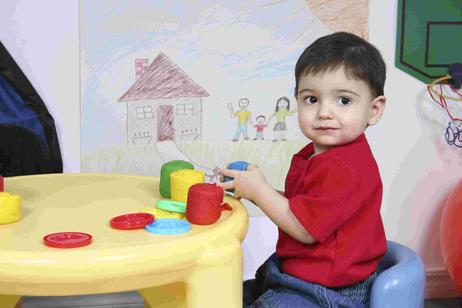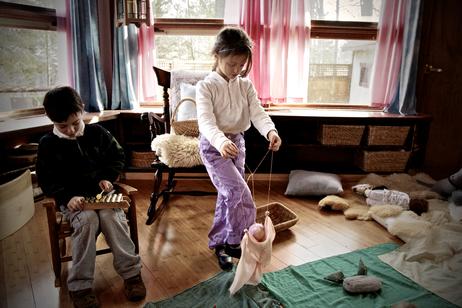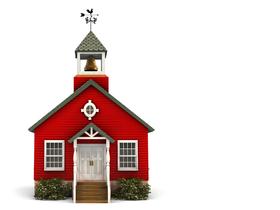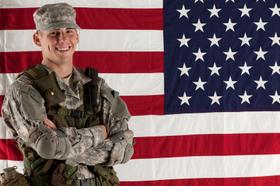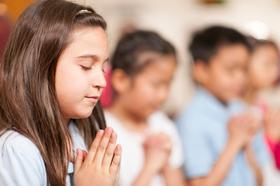When you think of single-sex education as a choice or an option when you are thinking about sending your child to private school, the subject becomes a little easier to understand in the 21st century. Historically, private schools have offered single-sex education for decades. Indeed, many of our older K-12 schools were founded with the purpose of educating boys or girls separately. That's how things were done in the 18th and 19th centuries. Colleges and universities were also set up as single-sex institutions. For example, Harvard University was an all-male university until 1977, when its sister college, Radcliffe, merged with it.
Characteristics of single-sex schools
How do we define a single-sex school? By definition, a single-sex school is a school that educates boys or girls exclusively. As a general rule, classes will not be co-educational. On occasion, neighboring boys and girls schools with an established relationship will host co-educational classes.
What grades do single-sex schools offer? Typically, single-sex schools offer grades 9 through 12 and a Post Graduate year where available. A handful of single-sex schools offer the middle school grades 6 through 9. Even fewer schools offer PK-12. You will also notice that middle school grades go up to grade 9, and high school begins with grade 9 as well. Actually, grade 10 is probably the most common entry point for private high schools. That’s one reason for the overlap of the grades.
Are there different kinds of single-sex schools? Single-sex schools come in residential or boarding


